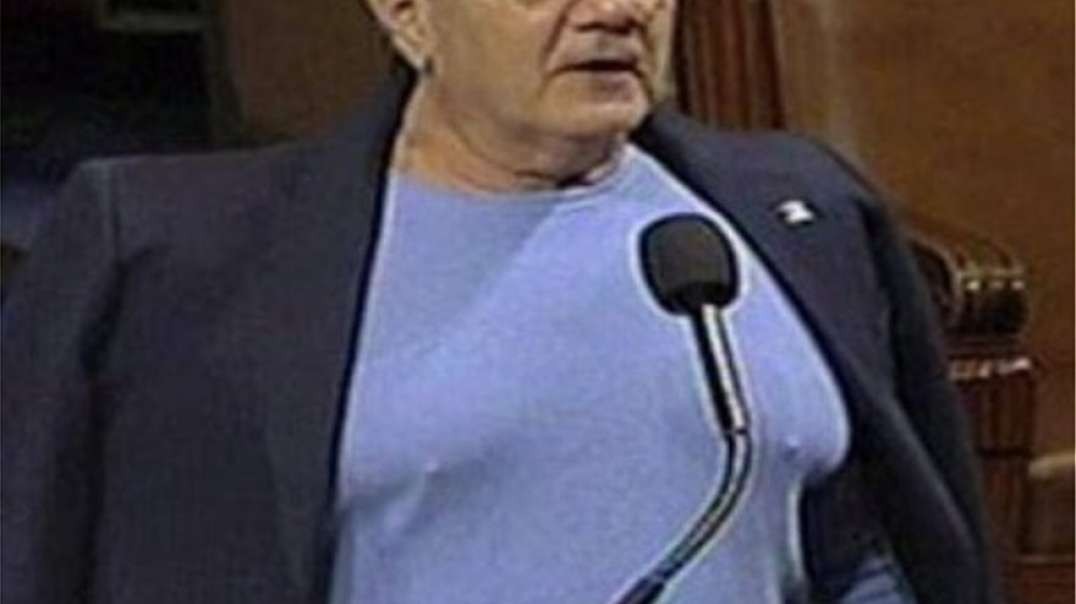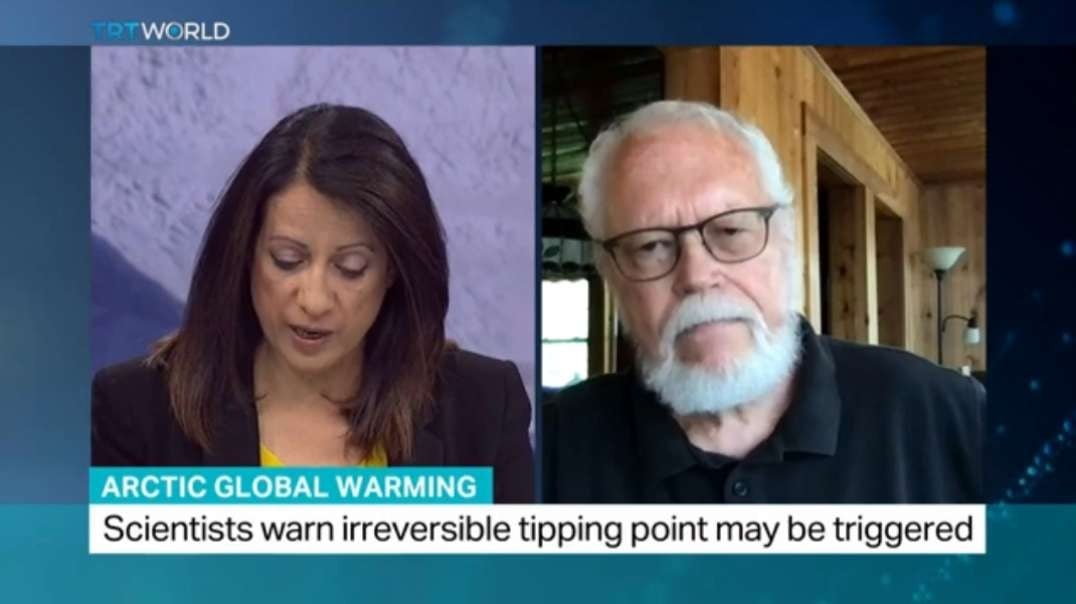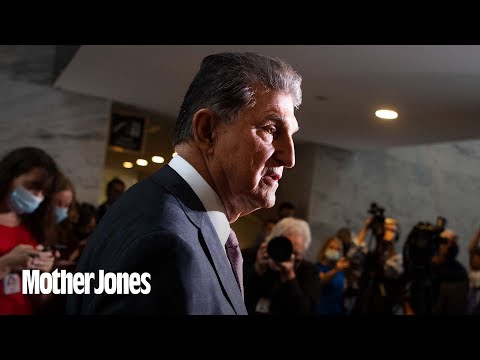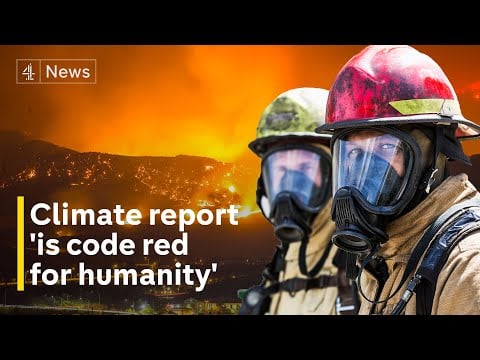Cautious but irreversible- Johnson sets out England's lockdown exit plan.mp4
Published on 22 Feb 2021
Johnson announces roadmap out of lockdown
* Schools in England to reopen from March 8
* UK has 5th worst COVID death toll in world
* Speedy vaccine roll-out key to lockdown easing (Adds background, details)
By William James and Elizabeth Piper
LONDON, Feb 22 (Reuters) - British Prime Minister Boris Johnson set out a phased plan on Monday to end England's COVID-19 lockdown, offering a "cautious" approach to try to prevent a return to wholesale restrictions that have hobbled the economy.
Johnson, under pressure to allow more freedoms to millions stuck at home and offer hope to shuttered businesses, said the first stage would prioritise schools returning on March 8 when only minimal socialising outdoors would be allowed.
The so-called roadmap would then pass through four stages, with five weeks in between, and the final step, when most restrictions would be lifted, not starting until June 21 at the earliest.
"There is therefore no credible route to a zero COVID Britain or a zero COVID world. And we cannot persist indefinitely with restrictions that debilitate our economy, our physical and mental well-being, and the life chances of our children," Johnson told parliament.
"And that is why it is so crucial that this roadmap is cautious but also irreversible. We’re setting out on, what I hope and believe, is a one-way road to freedom."
With almost 130,000 fatalities, Britain has suffered the world's fifth-highest official death toll from the pandemic and its economy has seen its biggest crash in over 300 years.
With one of the strictest lockdowns and one of the world's fastest vaccine roll-outs, the country may be seen as a test case for governments hoping to reopen economies and return life to some kind of normalcy.
Even with encouraging data after more than two months of domestic vaccinations released on Monday, the British government's cautious approach highlights how slow a process it will likely be for many countries.
Johnson said the fast start to the vaccine roll-out plus a sharp fall in infections now allowed him to set out a cautious easing of England's tough national lockdown, which started on Jan. 5.
As the plan unfolds, lawmakers will have a chance to vote on specific steps. Authorities in Scotland, Wales and Northern Ireland, which are responsible for their own public health, will also ease restrictions over the coming months.
The reopening of schools is expected to help the economy, freeing parents who have had to juggle work and home schooling.
However, any easing of social mixing will initially be limited and the government will ask people to work from home, where they can, for some weeks until it has completed a review into social distancing at some point before June 21.
At the end of March, it is envisaged a small number of people will be able to mix outdoors, but non-essential shops and outdoor hospitality will not reopen until April 12 at the earliest.
Most social contact rules will be lifted outdoors from no earlier than May 17, with all legal limits on social contact possibly being removed from June 21 at the earliest.
SPEEDY VACCINE ROLL-OUT
Johnson, who was treated in intensive care for COVID last year, faces pressure from politicians in his Conservative Party to restart the economy but also from scientific advisers who fear a resurgence of the virus if he unlocks too quickly.
He has appeared more cautious in recent months than earlier in the pandemic, when he was widely criticised for his eagerness to reopen shops, restaurants, pubs and offices.
"We are in a not very good position, which is getting better," the government's top science adviser Patrick Vallance told reporters.
"The message that comes out of all of the modelling is ... get (infection) numbers down before you start releasing, go slowly, (and) go in blocks that you can measure the effect of after four or five weeks."
England's vaccine campaign is significantly reducing cases, with a drop of around 70% in infections among healthcare workers who have had a first dose of the Pfizer-BioNTech shot, health officials said on Monday.
Britain moved faster than most countries to secure vaccine supplies and has been inoculating people rapidly since December, a strategy that has driven sterling and stock markets higher on hopes of an economic rebound.
The pound hit a new three-year high of $1.4050 in early London trading on Monday.
Some 17.6 million Britons, over a quarter of the 67 million population, have now received a first dose, behind only Israel and the United Arab Emirates in vaccines per head of population.






















